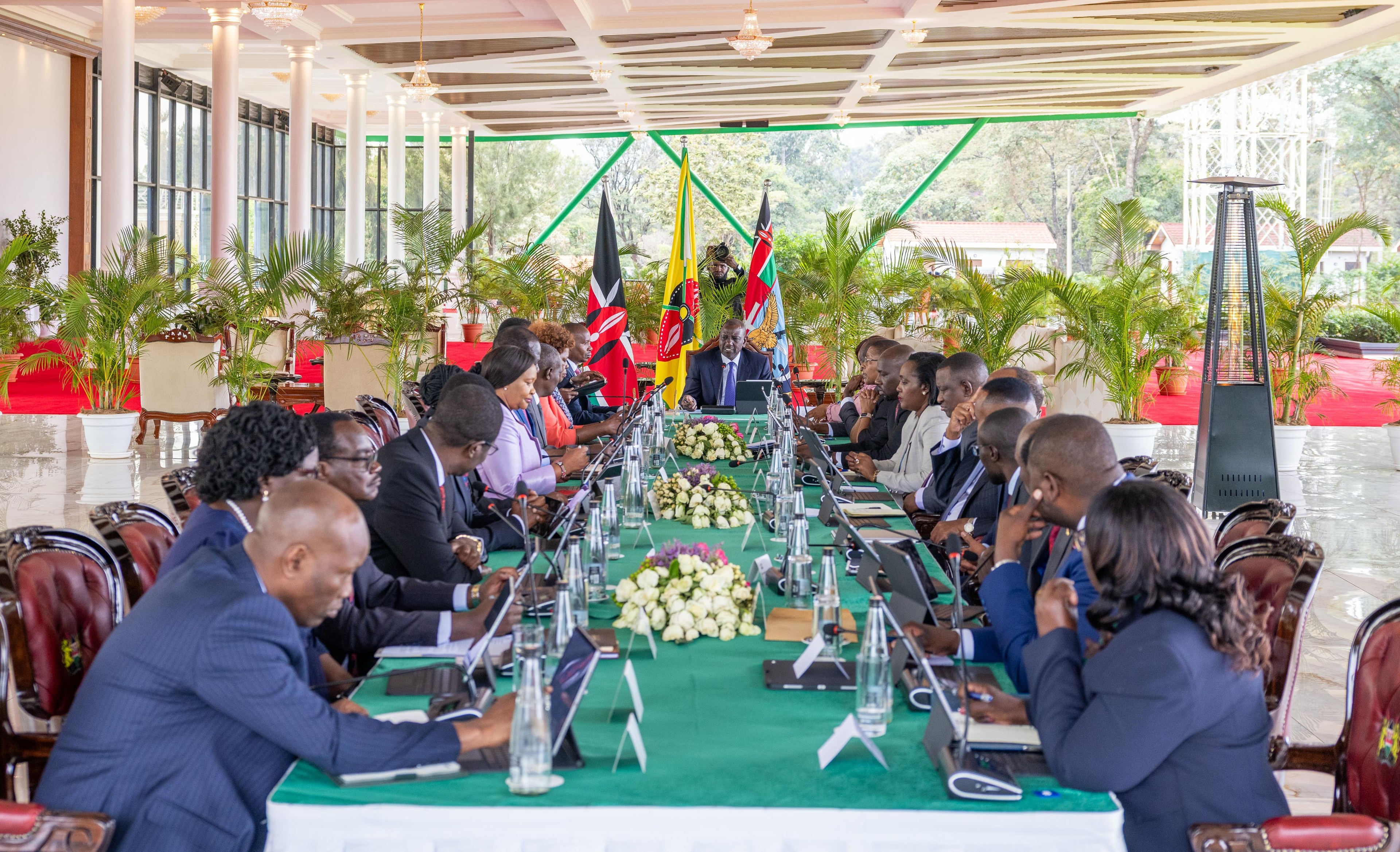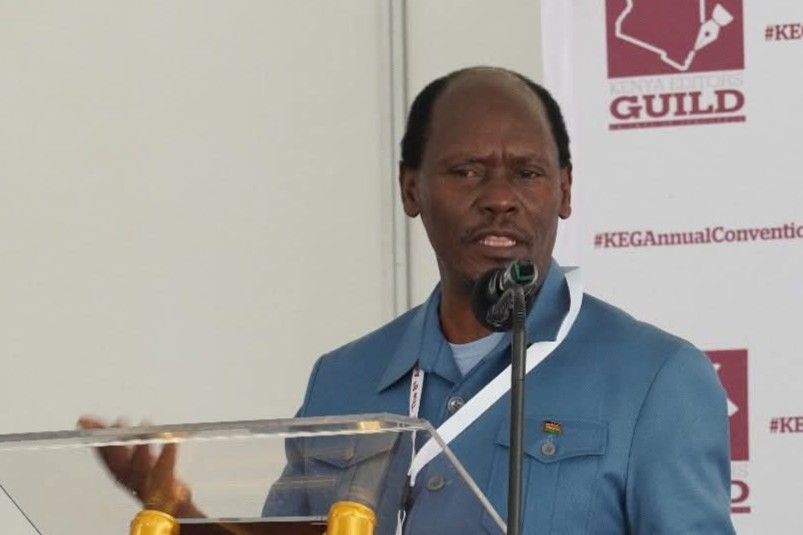Kenya Revenue Authority is in the process reviewing upwards the value of new personal and household items a traveller can bring into the country tax-free.
This is in the wake of an uproar over taxation at points of entry, mainly airports, with claims of harassment by revenue officials.
Currently, individuals are allowed to carry personal or household items worth $500 (Sh75, 425-at current exchange rate) and below.
Anything above the amount is subjected to taxation.
“KRA is in the process of reviewing this regulation to a higher limit and this shall be communicated to the public in due course,” Commissioner of customs and border control Lilian Nyawanda said in a statement on Thursday.
In response to the ongoing concerns by the public over taxation of personal items, Nyawanda said all used personal items or effects are exempt from customs duties during clearance at terminals.
Taxation of new items whose total value exceeds $500 is under the East African Community Customs Management Act, meaning Kenya will have to consult with other member states to effect a higher limit.
Kenya and the EAC however seem to have a higher limit compared to countries like South Africa which allows goods valued up to 5,000 rands which is $271 or Sh41, 101 and Nigeria at $63.49 (Sh9, 593).
Nyawanda yesterday said KRA is in the process of upgrading the use of technology to enhance non-intrusive inspection of baggage at all points of entry.
Part of this process is to ensure that prohibited and restricted goods are screened out for security purposes.
“Scanning of traveler’s baggage is done to ensure correct declarations for purposes of taxation and to screen out prohibited and restricted goods for the safety of all Kenyans,” she said.
Items flagged out after the first line x-ray or non-intrusive scanning process will undergo a physical inspection by the customs officers.
Where imported goods are subject to customs duty, a passenger is required to self-declare the actual price of the item.
The duty to be paid, if any, shall be based on the actual purchase price as declared by the passenger or traveler, she clarified.
All passengers are thus required to declare the specified items in the Passenger Declaration Form, prior to arrival in Kenya, and present it to a customs official at the point of entry.
However, a passenger has a right to query the assessed customs duty and may seek an explanation from the customs officer.
Customs duty is paid at appointed banks located within the terminals, or through a mobile banking platform after the customs officer generates an electronic payment slip.
KRA’s chief manager for passenger clearance at the Jomo Kenyatta International Airport, Sally Serem, said the authority has engaged its officers on what they are expected of and holds them accountable.
“We have conducted numerous capacity building programs and also engaged our customs officers at the airport by organising them into various shifts, with a clear process for carrying out their duties,” Serem said.
There has been concern over harassment of travellers by customs officials and over-taxation, which has not only inconvenienced travellers, but also poses a challenge to the tourism industry.
This is despite the law exempting tourists and visitors who are jetting into the country for periods not exceeding three months.
“Upsetting visitors be it tourists or returning Kenyans is a sure way to upset fickle tourism industry, "veteran hotelier and Pollmans Tours and Safaris Group Director of Operations, Mohamed Hersi, said.
"Those long queues all waiting for customs is a shame and also depicts Kenya as one desperate country looking to raise funds searching through everything.”
Individuals on less than three months stay are entitled to exemptions in non-consumable goods imported for personal use during their visit, which they intend to take out with them at the end of their visit.
This includes not only tourists but also temporary business and other visitors.
Temporary importation of filming equipment requires the importer to secure a permit from the Film Classification Board, where a charge of one per cent of the total value or Sh30, 050, whichever is lower, is imposed.






![[PHOTOS] Ruto present as NIS boss Noordin Haji's son weds](/_next/image?url=https%3A%2F%2Fcdn.radioafrica.digital%2Fimage%2F2025%2F11%2Ff8833a6a-7b6b-4e15-b378-8624f16917f0.jpg&w=3840&q=100)










